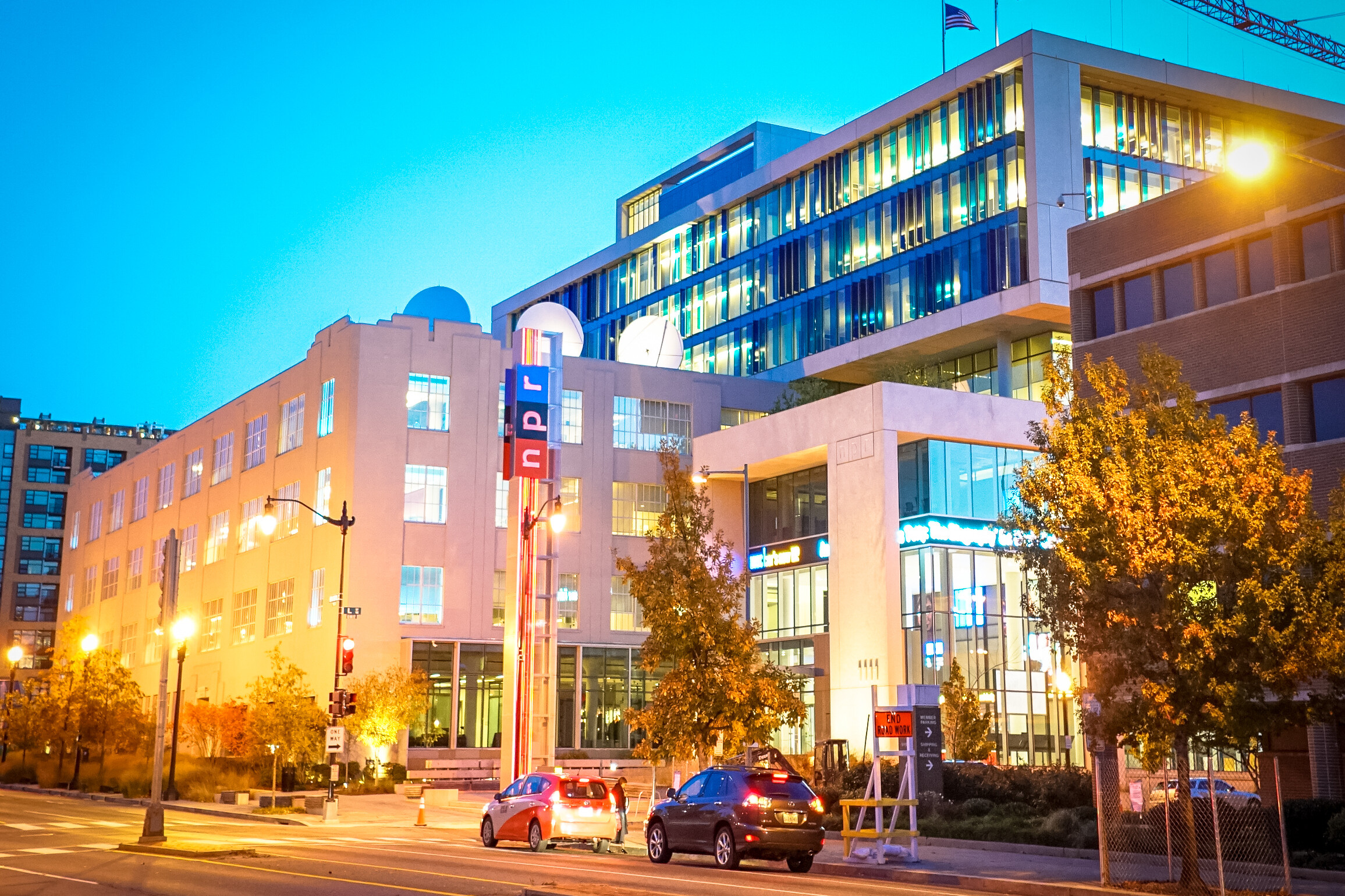The Corporation for Public Broadcasting will receive $75million as part of an emergency relief package worth $2trillion, which was passed by the US Senate on 25 March. For some local public media stations, this is a welcomed support package. For others, it is still not enough.
Approved by the House of Representatives on 27 March, the designated package for public broadcasting aims “to prevent, prepare for, and respond to coronavirus…” In particular, it will help to “maintain programming and services and preserve small and rural stations threatened by declines in non-Federal revenues…”
Read more: The full bill
In an article by the Washington Post, CEOs of US public media stations such as Tri-State Public Media and Kodiak Public Broadcasting explain the consequences of losing “federal, state or donor funding” – the main sources of funding for public broadcasters in the US.
Mike Wall, CEO of Kodiak Public Broadcasting, acknowledges how the public broadcaster historically received around $130,000 from the state. Now, the state of Alaska provides no funding for public broadcasting at all.
However, the emergency fund comes despite President Trump’s latest budget proposal, which threatens to cut federal funding to all public media. If approved, the budget would slash funding from $465 million to $30 million and then to zero over a two-year period.
Read more: Latest Trump budget eliminates funding for public media
The coronavirus relief bill states that the funds will be available until 30 September 2021. However, logistics on how the money from the package will be distributed has not yet been ascertained.
But the emergency funding could not come soon enough: The US now has more confirmed cases of the virus than any other country in the world, surpassing China, Italy and Spain in the past week alone. The American public will therefore need credible, fact-checked and up-to-date information to be able to slow the spread of the pandemic – a vital service that public media is mandated to provide, especially in times of crises.
The CEO of America’s Public Television Stations, Patrick Butler, was quoted in Current saying that funds to public television stations have “rapidly decreased in the wake of the economic downturn accompanying the contagion.”
However, Butler adds: “While even $75 million only begins to address these unprecedented needs while private revenues are plummeting, we are grateful for the broad support for this emergency funding for public media among both Republicans and Democrats in the Senate… We will do our best with the resources we have to serve our country and our fellow citizens in this time of shared crisis.”
Read more: Coronavirus relief bill includes $75M to public broadcasters (Current)
Victorya Vilk, Programme Director for Digital Safety and Free Expression at PEN America, believes that “Seventy-five million is good but it’s really not enough.”
The announcement has also been met with alternative criticism. Former US Ambassador to the UN and 116th Governor of South Carolina, Nikki Haley, tweeted a list of art and cultural items that would benefit from the bill, asking: “How many more people could have been helped with this money?”
Prior to the bill being approved, US public media advocacy group, Protect my Public Media, had called for $300 million to be provided to public broadcasting services in emergency funding. They stated in their plea:
“Public radio stations must also radically adjust their news gathering operations to accommodate remote working arrangements for their local reporters and editors. As local financial support is challenged, news gathering costs are increasing dramatically.”
Mike Wall, General Manager of Alaskan public media station KMXT-FM, emphasised that: “Public radio is always the voice of emergency in a time like this, so you have to move all your resources from fundraising to telling the community what the hell is going on.”
In response to the emergency funding provided for US public media, President and CEO of CPB, Patricia Harrison, said in a statement:
“We greatly appreciate Congress’ recognition of the important role and extraordinary impact America’s public media stations have in their communities. This vitally needed stabilization funding will help to ensure all Americans will continue to have access to crucial local and national services that are being provided by public media stations across our nation.”
In her statement, Harrison also acknowledged the fact that “…in many states and local communities, public media stations’ digital and broadcast infrastructure provide the backbone for emergency alert, public safety, first responder and homeland security services.” For example, PBS launched a new audio series as part of their Frontline Dispatch podcast and PBS NewsHour has been ensuring that the American public can make sense of every new Covid-19 development via ‘Answering your questions on Coronavirus’.
Children’s content and programming has also been prioritised following mass school closures. NPR created a comic for children to learn about Covid-19 in an interactive and accessible way. Meanwhile, children’s channel, PBS KIDS, pooled together tools and multi-platform content, using videos, games and activities to practice healthy habits.
For more examples, read: Public TV Stations Expand Remote Learning Services
In other news
- NPR member station KUOW has made the editorial decision not to air White House press briefings due to the amount of misinformation they contain.
- Trump clashes with PBS NewsHour presenter, Yamiche Alcindor, during a Covid-19 press briefing.
- “PBS NewsHour Student Reporting Labs has created a special unit that covers the basics of local community journalism, storytelling, scripting, and video editing.” – PBS Student Reporting Labs.
The Corporation for Public Broadcasting (CPB) and Public Broadcasting Service (PBS) are members of the Public Media Alliance.
Header image:A view from 2017 of the US Capitol after the recent restorations. Credit: erick4x4/iStock
Related Posts
27th March 2020
Governments must not use coronavirus as an excuse to curtail media freedom
The Public Media Alliance urges…
14th February 2020
Latest Trump budget eliminates funding for public media
The Public Media Alliance is once again…

